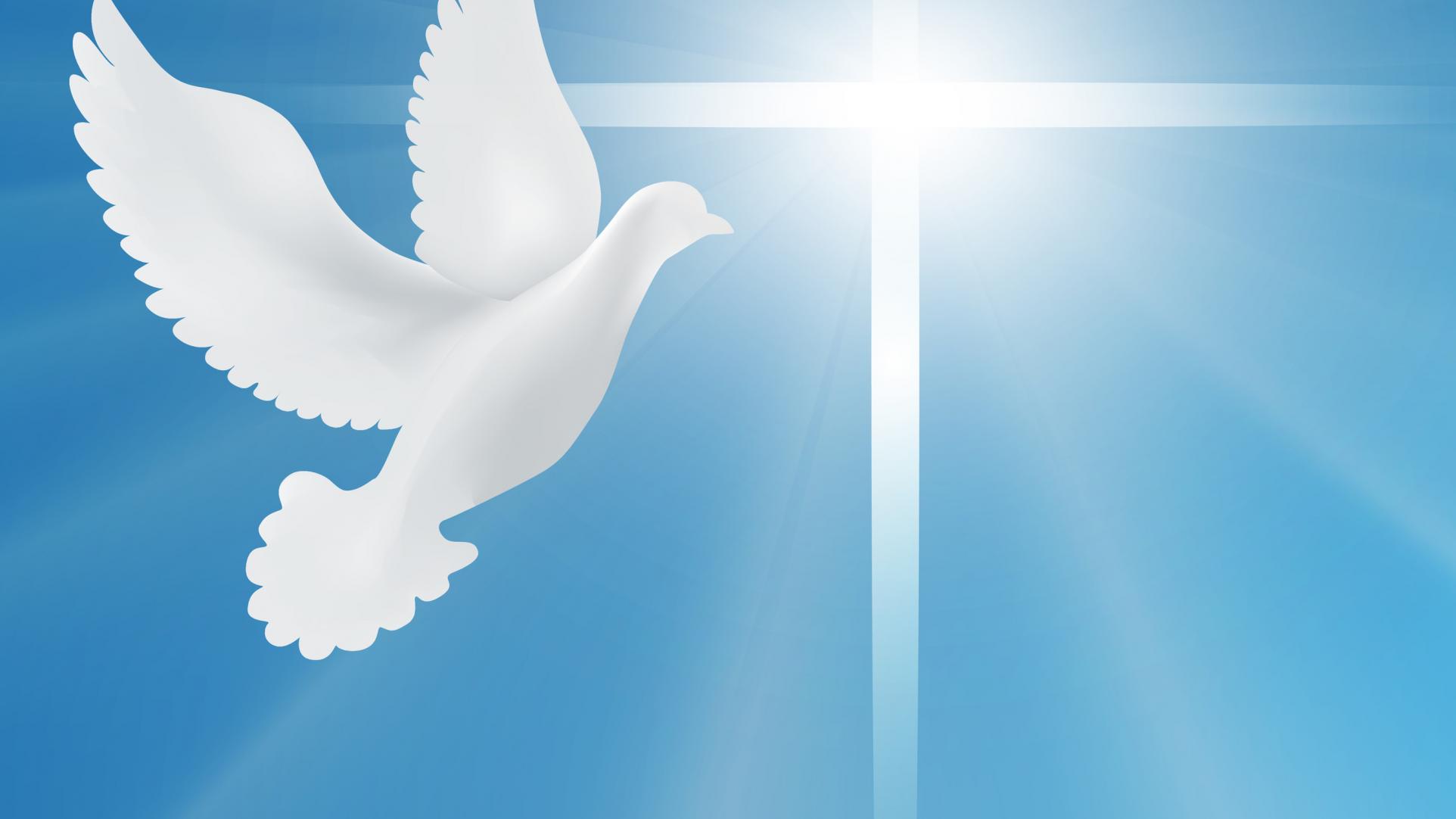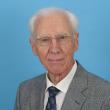Comparison: The Early Church and the Church in the End Times
When we compare the early church with the present-day church, we observe that the early church must have been predominantly made up of spiritual people. The book of Acts shows that this was the reason for their quick and positive development. They had no other aid. But they had the Holy Spirit. We have excellent aids in abundance. But we have a deficiency of the Holy Spirit. Remember what A. W. Tozer said: “If the Holy Spirit were taken away from our church today, 95 % of what we do would continue and no one would notice the difference. If the Holy Spirit had been withdrawn from the early church, then 95 % (this means almost everything) of what they were doing would have stopped and everyone would have noticed the difference.”1
Have We Learned To Get Along Without the Holy Spirit? Does the Church Today Consist Primarily of Carnal Christians?
As a consequence, are we often powerless and to a large extent without victories in spiritual matters? Does a carnal attitude have something to do with the fact that we only have weak church growth in many places? Do many of the serious problems in many areas come from carnal attitudes? We will notice more and more that personally and collectively our central problem is the lack of the Holy Spirit. In the personal area we can quickly change this with God’s help.
“Paul differentiates between spiritual and carnal Christians, between those who are filled with the Holy Spirit and those who have no room for the Holy Spirit in their lives: baptized with the Holy Spirit, but not filled with the Holy Spirit.”2
Being carnal means living by normal human powers and abilities without the Holy Spirit or an insufficient quantity of the Holy Spirit.
What Is the Main Obstacle in Carnal Christianity?
The great ethics of the Bible — loving your enemy, forgiving people for everything, overcoming sin, etc. — can only be achieved by the power of the Holy Spirit, not with human effort. This shows us that the main problem in carnal Christianity is that it is a life depending solely in human strength. We can’t do God’s will in our own strength. Let’s read a few Bible verses on this topic:
- Isaiah 64:6: “And all our righteousness are like filthy rags.”
- Jeremiah 13:23: “Can the Ethiopian change his skin or the leopard its spots? Then may you also do good who are accustomed to do evil.”
- Ezekiel 36:26-27: “I will give you a new heart and put a new spirit within you …I will put My Spirit within you and cause you to walk in My statutes, and you will keep My judgments and do them.”
- Romans 8:7: “Because the carnal mind is enmity against God: for it is not subject to the law of God, nor indeed can be.”
Ellen White said very clearly and accurately: “He who is trying to reach heaven by his own works in keeping the law, is attempting an impossibility. Man cannot be saved without obedience, but his works should not be of himself; Christ should work in him to will and to do of his good pleasure.”3
I think these references show sufficiently that we are not capable of doing God’s will without the Holy Spirit. Our main concern is that we always need to make a decision for God’s will and that God gives us the strength to implement it.
We need a daily baptism of the Holy Spirit to help us do God’s will.
Call to Action
Will you take the following daily actions?
- Invite Jesus into your heart
- Surrender yourself 100% to Jesus
- Ask earnestly for the Holy Spirit (Luke 11:9-13)
The above is an excerpt from Steps to Personal Revival.
Scripture taken from the New King James Version®. Copyright © 1982 by Thomas Nelson. Used by permission. All rights reserved.
- Dr. S. Joseph Kidder, Anleitung zum geistlichen Leben (Andrews University), PPP Folie 2
- Johannes Mager, Auf den Spuren des Heiligen Geistes (Following the Steps of the Holy Spirit), (Lüneberg, 1999), S. 102-103. Johannes Mager was a pastor, evangelist and a professor of systematic theology for many years. He worked last as secretary of the ministerial department of the Euro-African Division (now: Inter-European Division) in Bern, Switzerland.
- Ellen G. White, Review and Herald, July 1, 1890




